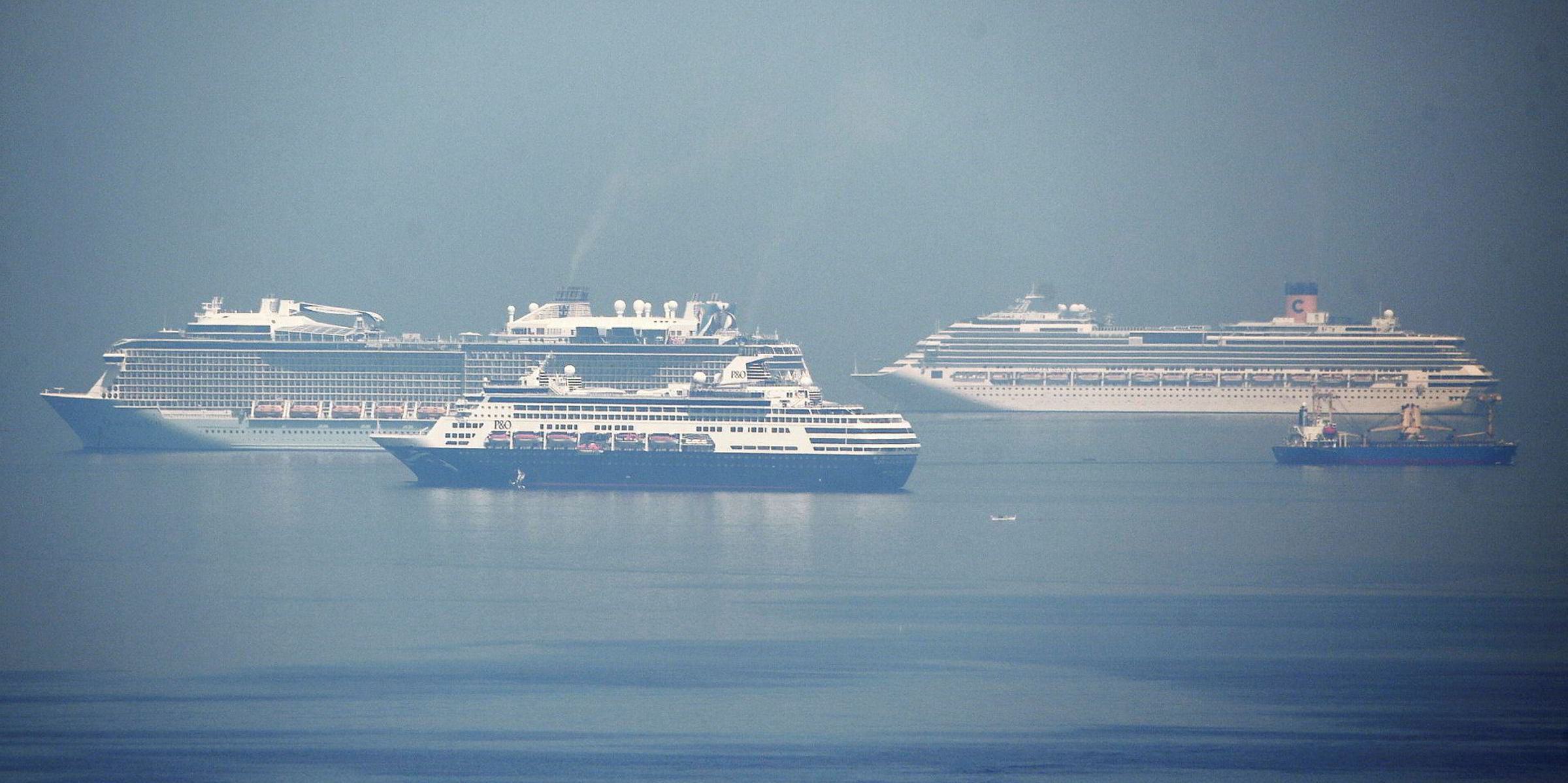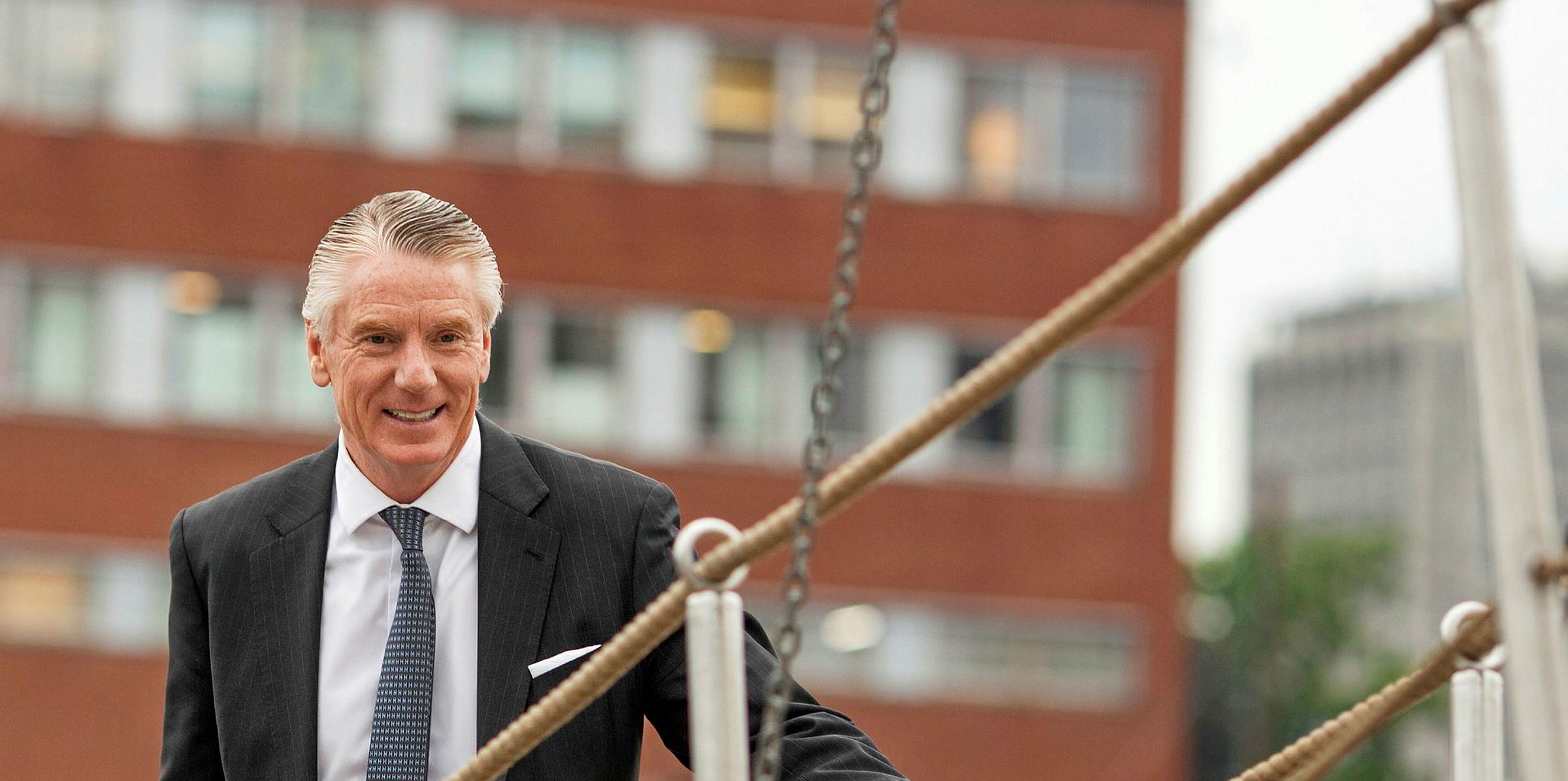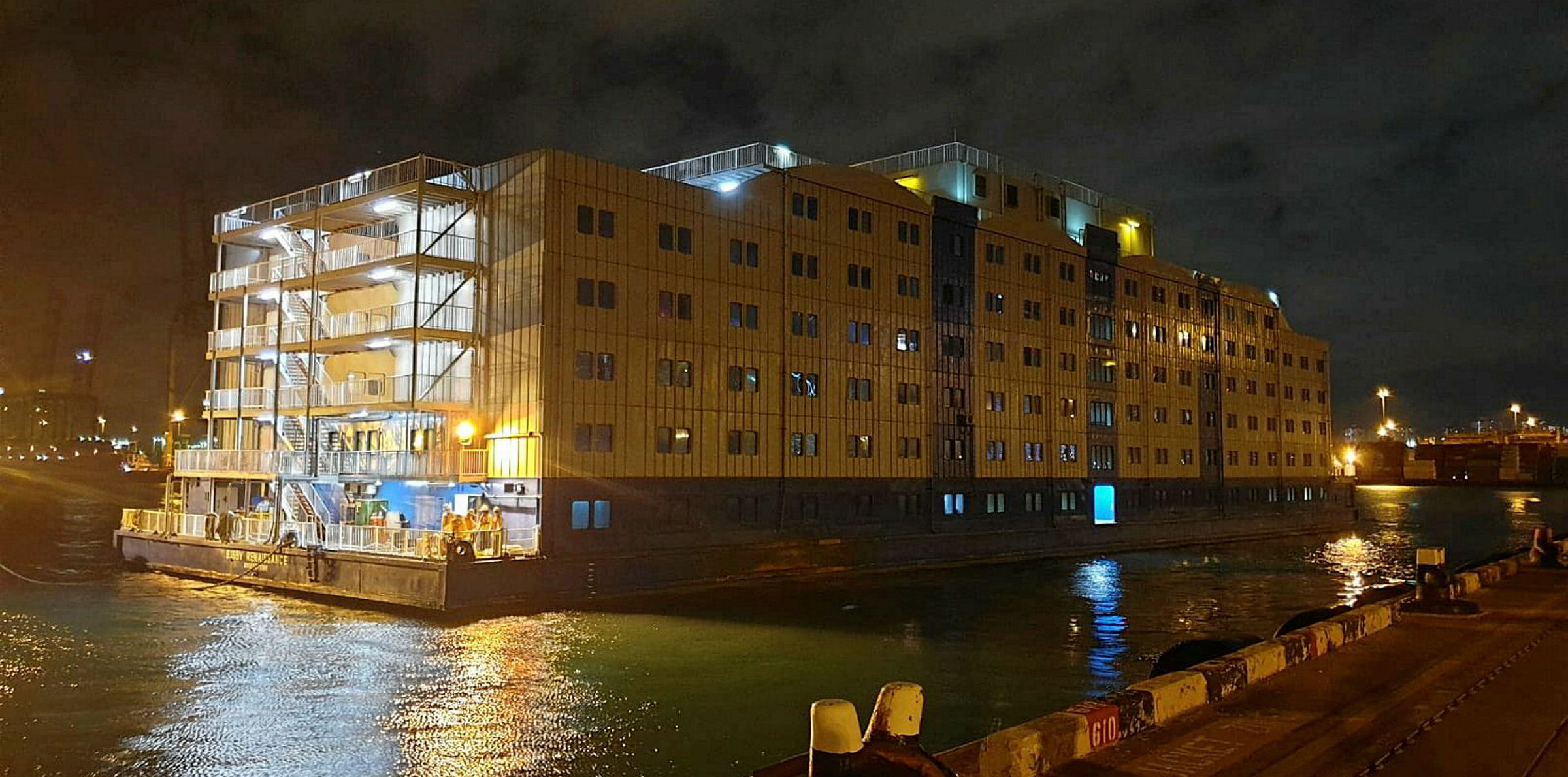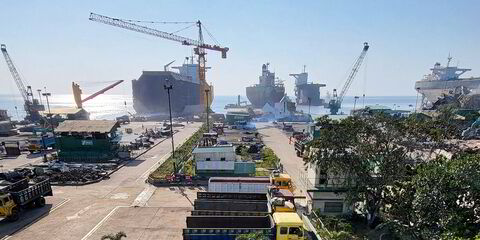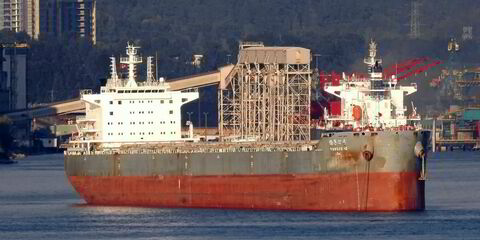Ship operators may need to spend extra time and money to reactivate vessels if they fail to have proper lay-up plans, according to German insurance giant Allianz.
The warning has come as many vessels — especially those in the cruise sector — have temporarily halted operations at anchorages across the globe as the coronavirus crisis hits shipping demand.
In a company note, Allianz said that reactivating ships can take time and require extensive testing for safety reasons while costing up to millions of dollars in worse cases.
“An unplanned lay-up can result in a prolonged recommissioning exercise that can last for months, even requiring docking,” said Rahul Khanna, global head of marine risk consulting at Allianz Global Corporate & Specialty.
“Comprehensive plans including risk assessments covering storage and lay-up are crucial for ensuring the safety of vessel during the downtime and its subsequent return to service.”
According to Allianz, ship operators should use guidance documents and checklists provided by classification societies when arranging lay-ups, presenting a clear picture of risks specific to vessels types and locations.
In particular, the insurer warned that a large number of vessels being laid-up in the same location can create “accumulation exposure” to a single catastrophic event, with the availability of tugs and support vessels possibly not adequate to respond to a contingency involving several vessels.
According to VesselsValue, 44 cruiseships with a combined valued of $17.1bn were parked in the northern Atlantic hurricane zone around the Bahamas and South Florida as of mid-May.
“There have already been reports of a considerable number of large cruiseships being temporarily laid up around the US East Coast, with the onset of the hurricane season in the north Atlantic creating potential risks for these vessels if they can’t be moved out of harm’s way quickly,” the Allianz note said.
While operators can carry out maintenance of equipment when idling vessels, travel delays as a result of coronavirus-related lockdown measures need to be taken into consideration, Allianz suggested.
“Delays in the servicing and inspections of vessels and emergency equipment can result in any problems remaining undetected,” Allianz said in the note.
“Supply chain disruption means oils and consumables can take longer to arrive, which can result in machinery damage if incorrect alternatives are used.”
Most ships being laid up are believed to be in the “warm” mode, where their crews are still on board and can return to action quickly.
But if vessels need to enter the “cold” mode, shutting most systems and only keeping a skeleton crew, many of their seafarers will need to be relieved at a time when international travel is difficult.
With some crew members likely to be forced to stay aboard, “adjustments in work and rest hours offers effective fatigue management”, said Nitin Chopra, a senior risk consultant at Allianz.
“Hiring from a pool of locally available seafarers may be an option in some cases,” he said.
